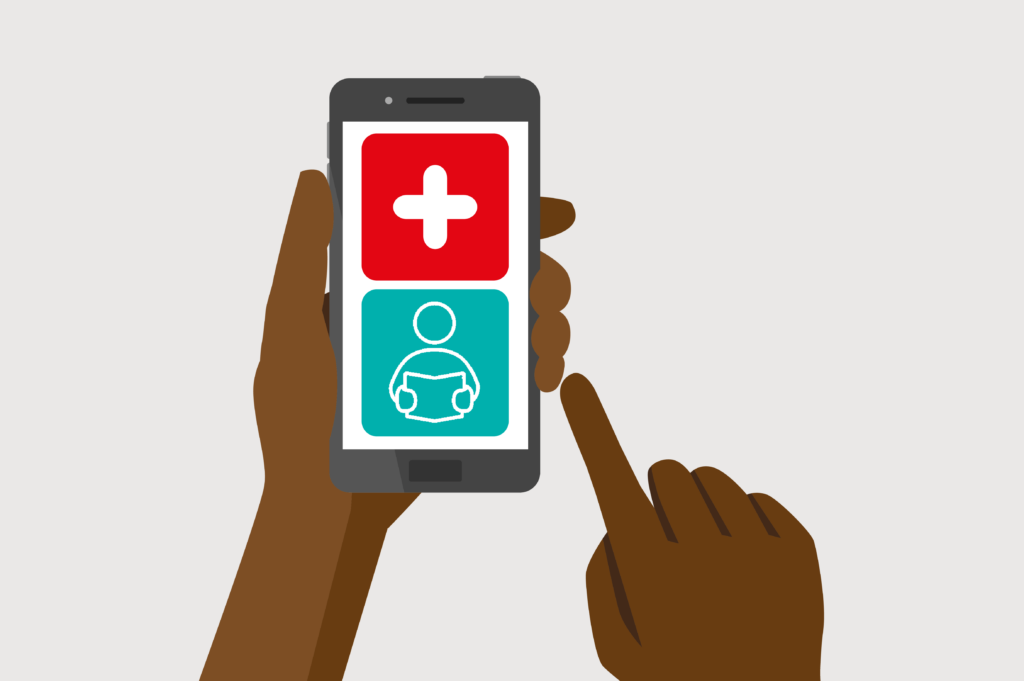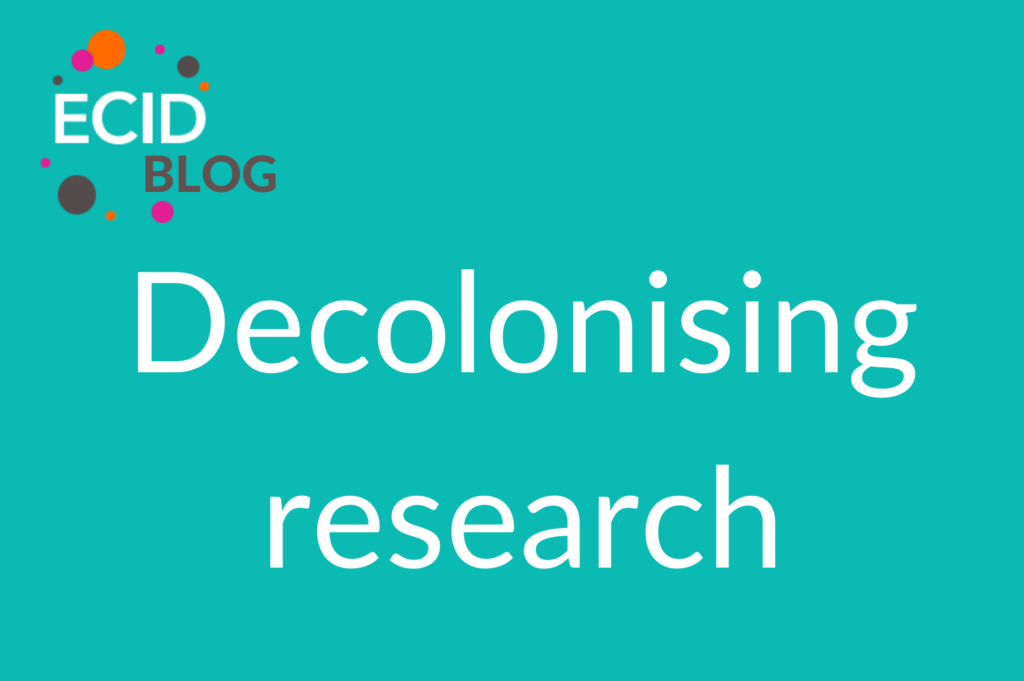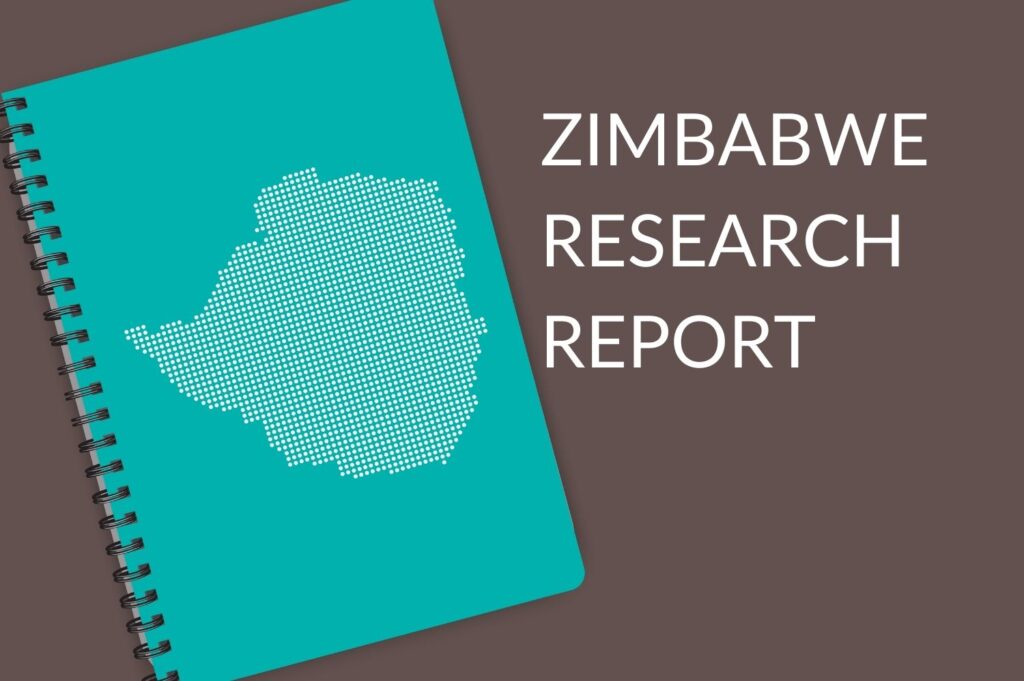How ECID is innovating in the NGO sector with a new hybrid “academic-practitioner” Ethics Panel
Dr Kas Sempere works as a research associate on international development at the Open University (DPP), and is affiliated to the Research, Evidence and Learning Team (REL) in Christian Aid. She is the research coordinator for the Evidence and Collaboration for Inclusive Development (ECID) programme.
Research ethics are important, right? Yet, many international NGOs do not have ethics panels as universities do. In ECID, we have created an Ethics Panel that is diverse, decentralised from London, and inclusive of both academics and practitioners to reach maximum “research for impact”.
Why an ethics panel in an INGO-led consortium?
As international NGOs do not have ethics panels or processes as universities do, their research is done without ethical reviews. Similarly, many research institutes outside universities do not have access to research ethics committees. This jeopardises the quality, accountability and rigour of evidence and research. It also prevents practitioners and non-academic researchers from publishing, given that many academic publications often require ethical assessments. Research ethics matters for many other reasons.
At the Learning and Research Working Group in ECID, we work to create and strengthen the quality of research led by practitioners, and overall, to eliminate knowledge inequalities in all their forms. In December 2020, an ECID Ethics Panel was set up to help us walk towards that goal.
Who is part of the ethics panel?
The selection of the panel members was decentralised and decided by research partners in the countries.
The Panel includes research and programme representatives. This mix is a key innovative approach as many research ethics panels, especially in universities, are only formed of academics. Academics are strong on research quality but perhaps less so on how to align and apply research for change and impact. This is where our programme specialists come in.
The ECID panel has six members. Four research representatives, one from each country (Myanmar, Nigeria, the UK and Zimbabwe) and two programme representatives, from two international INGOs.
Is the ethics panel diverse?
We have men and women, but men occupy the research positions and women the programmatic ones. Is this something we should pay attention to in case it becomes/is a common gender pattern?
We have Senior research profiles (two Professors, a Doctor, a research institute Director) and Senior NGO profiles (a Head of Programme Innovation and a Director of Policy and Comms). We are really happy about this mix.
We managed to go beyond academics in the UK and the global North, and we are very happy about that too. The Myanmar team decided to go for a UK person because he is so knowledgeable about the country. So, he’s in.
What does the ethics panel do?
The Panel provides support and acts as the ‘critical friend’ to the research partners along the process. There are three key moments where they input – in the public presentation of research proposals; in the public presentation of preliminary findings; and to give written feedback on final research reports and articles. In some cases, they also review outputs such as the literature reviews and the interview and survey templates used in data collection.
They provide:
- Ethical and research leadership, ensuring the research undertaken in ECID is carried out ethically, with rigour and accountability, and adherence to principles of Do No Harm that are appropriate to the context.
- Programme alignment, ensuring the research aligns with the main ECID objectives, adding value to the programme and creating outputs that engage with the target populations and aim for change and impact.
What do they draw on to base their assessments?
ECID already has an ethics framework that covers the areas of risk assessment, responsible data management, informed consent, protection and safeguarding, conflict sensitivity, and vulnerable populations. The Panel draws on this framework to assess the work of research partners, which add to their own experiences of conducting research in the global South and in dealing with and sitting on research ethics committees. There is also an additional resource on “research ethics during COVID-19”.
Music to your ears?
We want to hear from you. Are you an NGO, research institute or university interested in creating an ethics panel and/or making your current ethics panel more decentralised and diverse?
We are aware that other interesting initiatives exist, for instance, debates and courses about indigenous research ethics panels. So, share your thoughts, and initiatives on the comments.
For more info…
Watch the feedback from the ECID ethics panel to the research proposals of research partners given in January 2021.
Contact us at info@evidenceforinclusion.org



